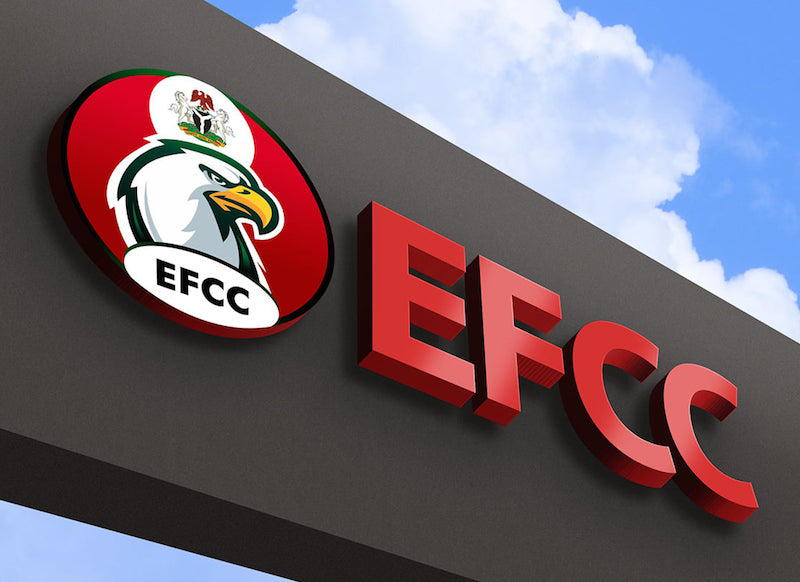The recent withdrawal of Chief Afe Babalola’s criminal defamation suit against Barrister Dele Farotimi at the behest of Ekiti kings, led by the Ooni of Ife, Oba Ogunwusi Ojaja II, presents a troubling intersection between traditional Yoruba conflict resolution and the imperatives of a modern legal system. This occurrence should be of immense concern to all Yorubas and the Nigerian people at large, especially as false accusations, bearing false witness, and lying against others are unfortunately prevalent in our country. These acts can stem from personal vendettas, business rivalries, political schemes, or mere attempts to gain undue advantage. While the Yoruba culture highly values communal harmony and reconciliation, this intervention deprives our Nigerian society of a crucial opportunity to reinforce the sanctity of truth and accountability in public discourse, particularly in an age dominated by social media.
At the heart of any modern legal system is the principle that allegations of wrongdoing must be proven beyond a reasonable doubt. Criminal defamation cases, in a judicial system where people of integrity adjudicate without fear or favour, offer the opportunity to clarify truth and hold either the defamer or the defamed accountable. Defamation, when unchecked or poorly handled, fosters a society where falsehood and manipulation thrive. In Nigeria, this issue becomes even more dangerous when compounded by a legal system that is vulnerable to misuse by the wealthy and influential. Criminal defamation suits often become tools wielded by the rich to silence critics, while genuine accusations of wrongdoing are swept under the rug by interventions from traditional rulers or political pressure.
When influential figures, such as traditional rulers, custodians of the law and political operatives, intervene to suppress such cases, they inadvertently weaken the legal framework meant to protect reputations and encourage responsible speech. In fact, the denial of this process sends a significant message to the whole world on our disregard for human dignity and respect for truth. A pertinent question at this juncture is that of whether our kings, legal luminaries and other potentates would intercede if this incident between Barrister Farotimi and Chief Babalola had been between a quiet high achieving Yoruba intellectual and the Chief!
Interventions like that of these kings create a dual-tier societal system where some of us are protected from accountability while the ordinary citizen is exposed to the full brunt of the law. By persuading Chief Afe Babalola to withdraw his case, the traditional rulers have reinforced the perception that certain individuals and groups can bypass the judicial system with ease if they are in favour with the influential quarters of Nigeria. This undermines the principles of equality before the law and weakens societal trust in both the traditional and legal systems.
The message sent here is clear: public figures can allege corruption without consequence, provided they are shielded by powerful communal appeals. Conversely, those wrongfully accused are denied a chance to clear their names through legal means – the alleging party providing evidence and submitting to cross-examination. This dangerous precedent erodes trust in the otherwise robust Yoruba culture and tradition and the judiciary, while weakening the deterrent effect that criminal defamation laws are meant to provide.
The rise of social media has transformed every individual into a potential broadcaster. False and defamatory content can now spread at unprecedented speeds, damaging reputations irreparably. Furthermore, with the corruption in our security and justice system, some individuals falsely accuse others to settle personal scores, knowing that law enforcement officers may act without proper investigation. Without the rigour of judicial processes to test the veracity of allegations, society risks descending into a chaotic marketplace of baseless accusations and character assassinations.
For instance, imagine a scenario where professionals in fields like medicine, education, or finance are accused of corruption on social media without evidence. If such allegations are not subjected to legal scrutiny – provision of evidence and cross-examination – public trust in these institutions can be irreparably damaged. Similarly, societal potentates and political actors could weaponize defamation as a tool for character assassination, knowing that communal interventions, and/ or corruption would protect them from accountability.
The intervention of traditional rulers in legal matters also poses a threat to the independence and authority of the judiciary. When kings or communal leaders become arbiters in legal disputes, they inadvertently erode the separation between traditional and judicial systems. This undermines public confidence in the courts as the ultimate arbiters of justice in our adopted political, legal and governmental structure.
While it is essential to respect Yoruba traditions of conflict resolution, such interventions should not come at the expense of justice and accountability. Traditional leaders should be careful not to shield defamers from the consequences of their actions or prevent the accused from clearing their names. A more constructive approach would be to encourage peaceful reconciliation after the judicial process has run its course.
To prevent future occurrences of this arguably dangerous precedent, the following steps should be considered:
Legal Education: There is a need for public education on the importance of the legal process in handling defamation cases and the responsibilities that come with free speech.
Judicial Integrity: The judiciary, police, states’ attorneys-general and other legal officers at all levels must resolutely and demonstratively reaffirm their independence and commitment to adjudicating defamation cases without fear or favour.
Cultural Sensitivity: Traditional rulers should be engaged in understanding their role in complementing rather than undermining the legal system.
Legislative Clarity: Clearer laws on defamation in the digital age are needed to hold individuals accountable for baseless accusations while protecting legitimate whistleblowing.
False Narratives Prevailing: By preventing the rigorous testing of evidence in court, society becomes vulnerable to falsehoods gaining traction.
Breakdown of Accountability: When accusations of corruption are not tested in court, corruption thrives unchecked, weakening governance and public trust.
The withdrawal of Chief Afe Babalola’s defamation suit at the behest of traditional rulers represents a missed opportunity to reinforce the rule of law and social responsibility in Nigeria. While Yoruba tradition values harmony, justice must not be sacrificed on its altar. A society where allegations are made without consequence is one where truth becomes elusive, reputations are easily destroyed, and the rule of law is weakened. For Nigeria to thrive, tradition and modernity must coexist without compromising justice and accountability.
The withdrawal of the criminal defamation suit cited here is an unfortunate example of the prospective tension between traditional conflict resolution mechanisms and the modern system. As we move further into the social media era, and our society must address this fact to preserve the sanctity of our adopted modern legal system. The rule of law must be given a chance! The seeming prioritisation of cultural reconciliation over judicial accountability is tantamount to denying society the right of demanding that accusations, especially those involving corruption, are proven beyond a reasonable doubt. This is even more important in a socio-political environment where the misuse of the legal system, and its associated functionaries, namely police, state and federal law officers, is a hypothetical reality of the people.
* Professor Oloyede and Odusanya write from Lagos




 2 hours ago
22
2 hours ago
22








 English (US) ·
English (US) ·